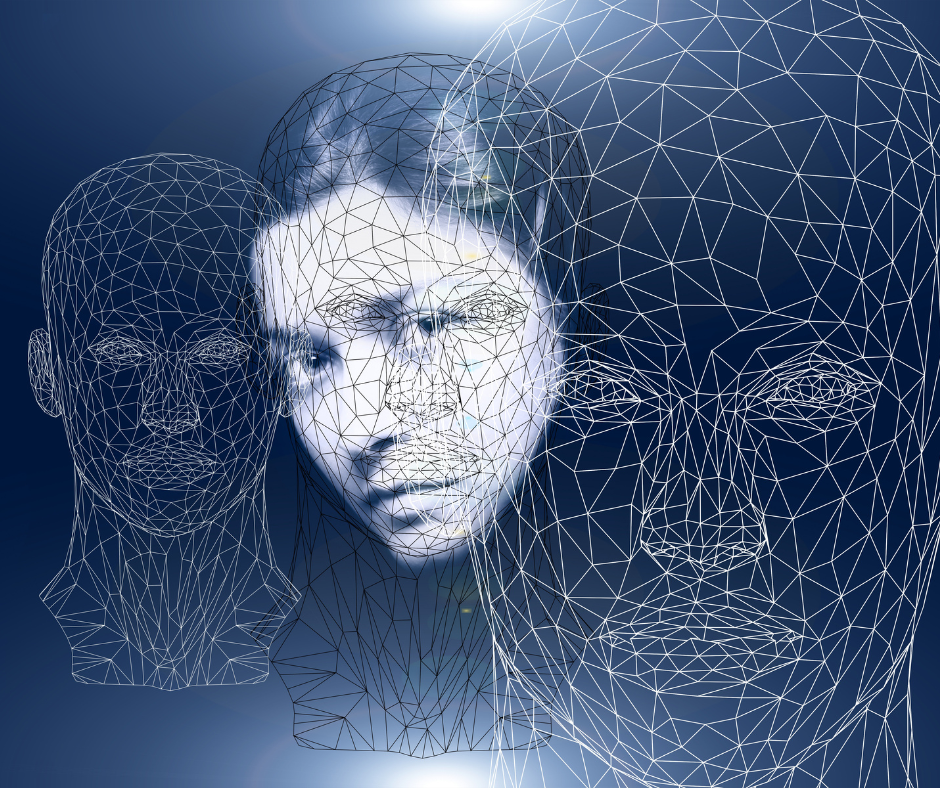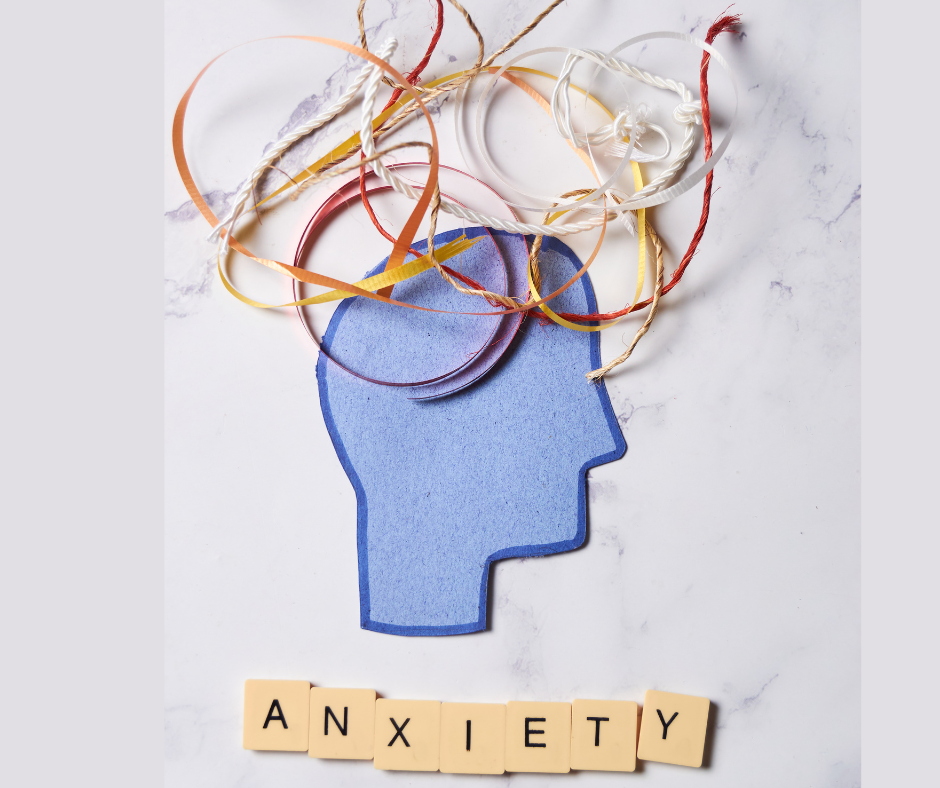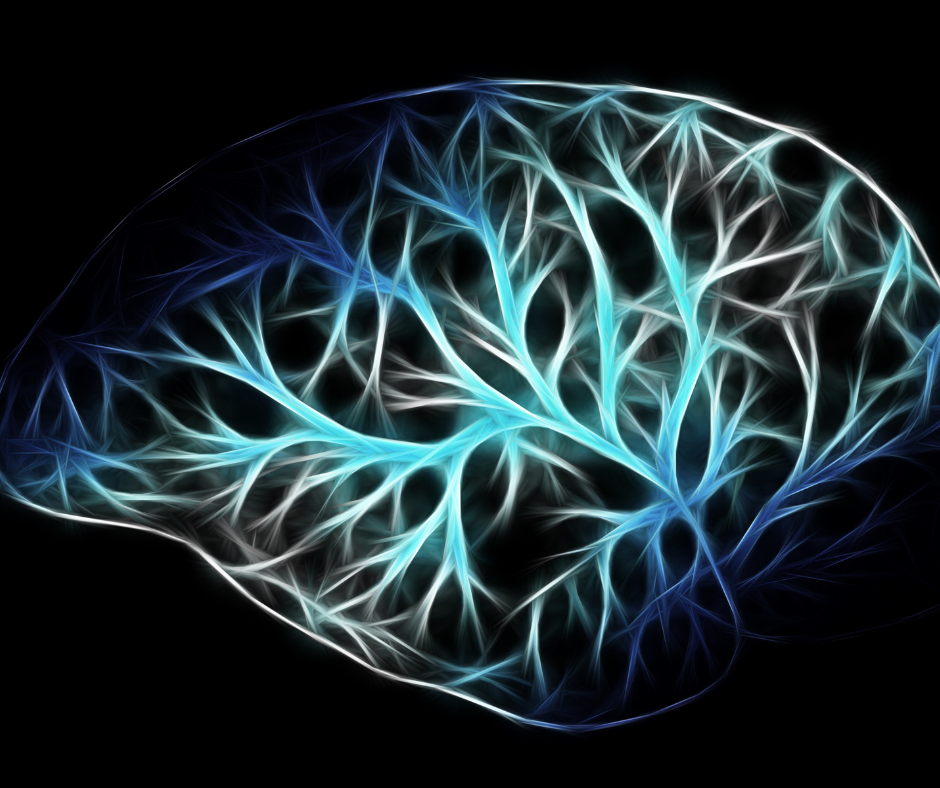Psychological Sciences
Psychology is a broad and diverse field, divided into several branches that focus on different aspects of human behavior and the mind. Here are some of the most important branches:

Clinical Psychology
It focuses on diagnosing and treating psychological disorders.

General Psychology
It focuses on the study of basic psychological processes such as perception, learning, memory, and thinking.

Social Psychology
It studies how society and individuals influence each other and how social relationships are formed.

Developmental Psychology
It studies the psychological changes that occur throughout life, from childhood to old age.

Biological Psychology
It studies the relationship between biological processes and behavior, such as the role of the brain and nervous system in behavior.

Cognitive Psychology
It focuses on studying mental processes such as attention, thinking, and problem-solving.

Industrial and Organizational Psychology
It focuses on studying behavior in the workplace and improving employee performance.

Educational Psychology
It focuses on applying psychological principles in the field of education to improve the learning process.

Medical Psychology
It studies the interaction between psychological and physical factors and their impact on health and illness.

Child and Adolescent Psychology
It studies the mental, emotional, and social development of children and adolescents to understand their psychological needs.

Forensic Psychology
It focuses on studying criminal behavior to analyze crimes and understand the psychological factors associated with them.

Abnormal Psychology
It analyzes the causes and patterns of psychological disorders to develop strategies for diagnosis and treatment.

Recreational Psychology
It studies the relationship between psychological processes and biological systems in the body.

Occupational Psychology
It focuses on improving job performance and employee well-being by applying psychological principles in the workplace.

Dynamic Psychology
It focuses on understanding the internal forces that influence behavior, such as psychological conflicts and unconscious processes.

Physiological Psychology
It studies the relationship between psychological processes and biological systems in the body.

Forensic Psychology
It applies psychological principles within the legal system to understand behaviors related to crimes and legal cases.

Experimental Psychology
It relies on scientific research to understand basic psychological processes such as perception, learning, and memory.

Psychometrics
It focuses on designing tools and tests to measure psychological traits, such as intelligence and personality, to ensure accuracy and objectivity in psychological assessment.

Psychological Statistics
It specializes in analyzing psychological data and using statistical methods to understand the relationships between psychological phenomena and accurately measure behavioral changes.
We are here to answer all your inquiries and guide you in choosing the best educational path for you. Whether you’re looking for details about available courses or need expert advice, our team is ready to assist you.
